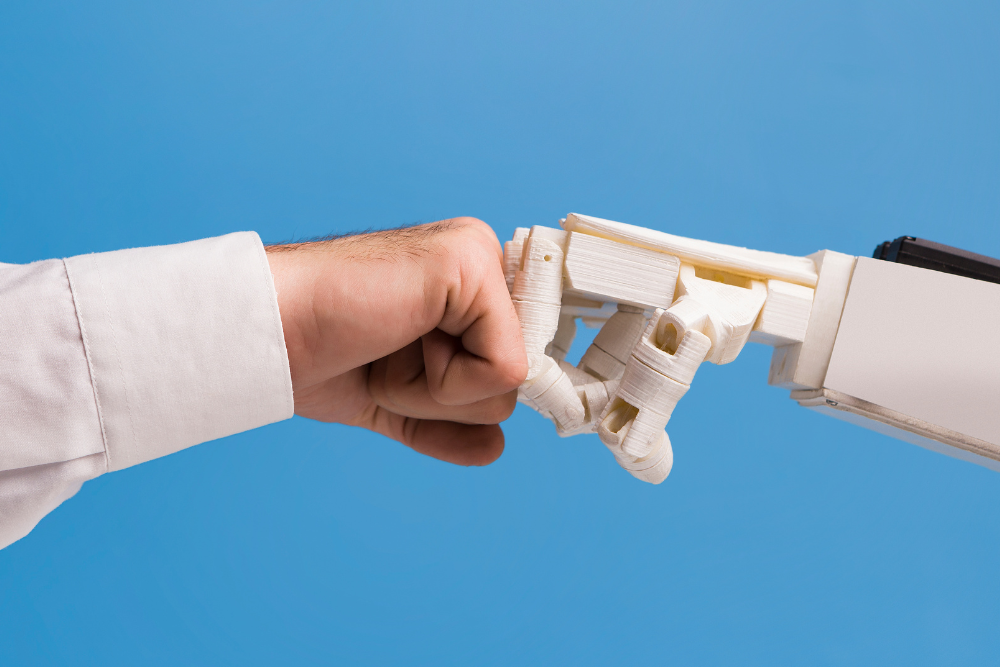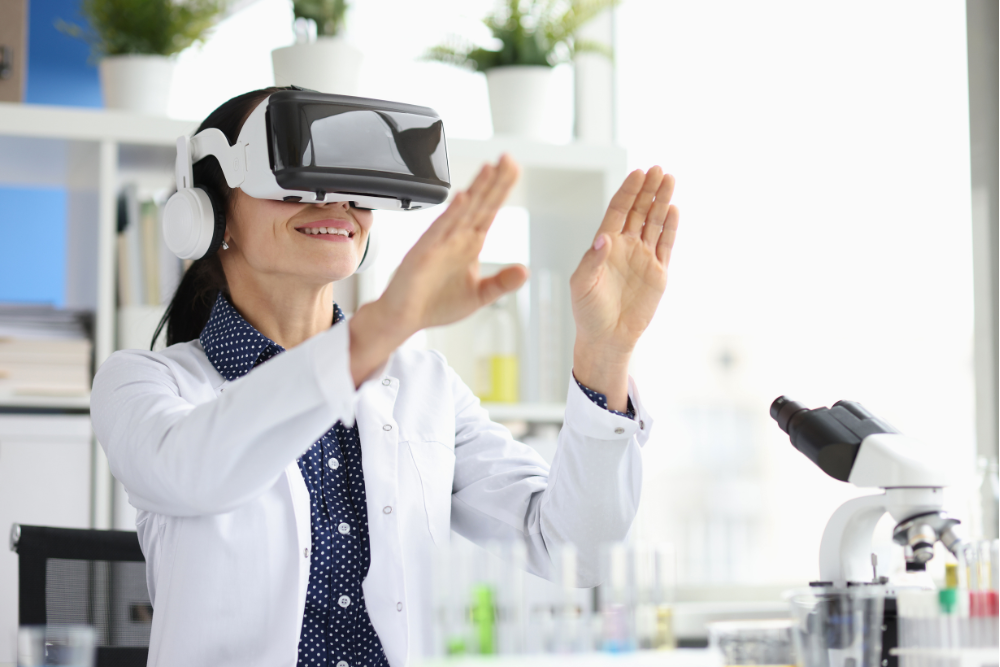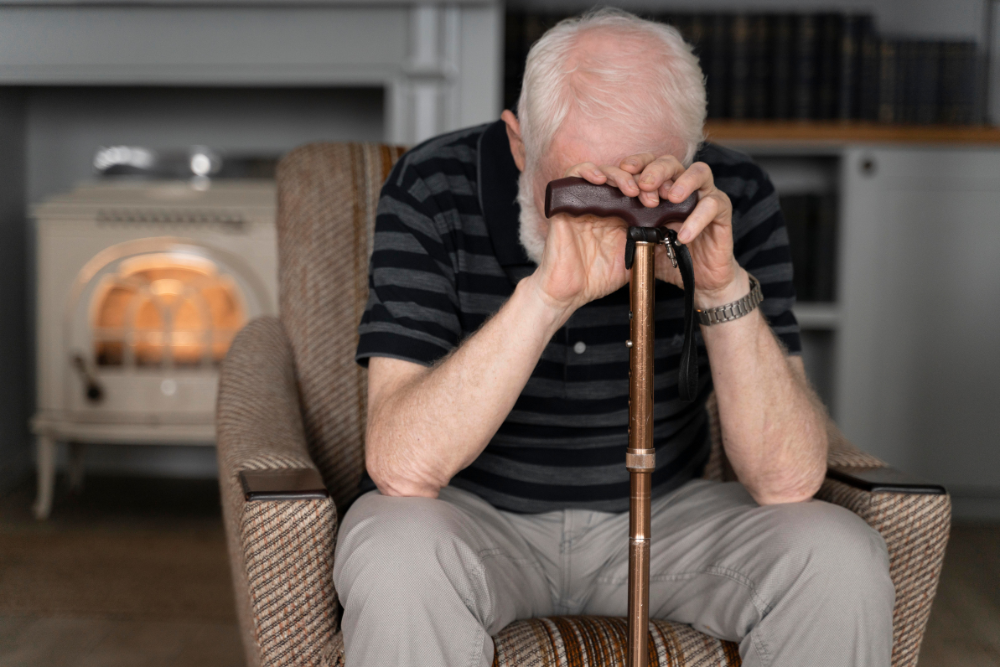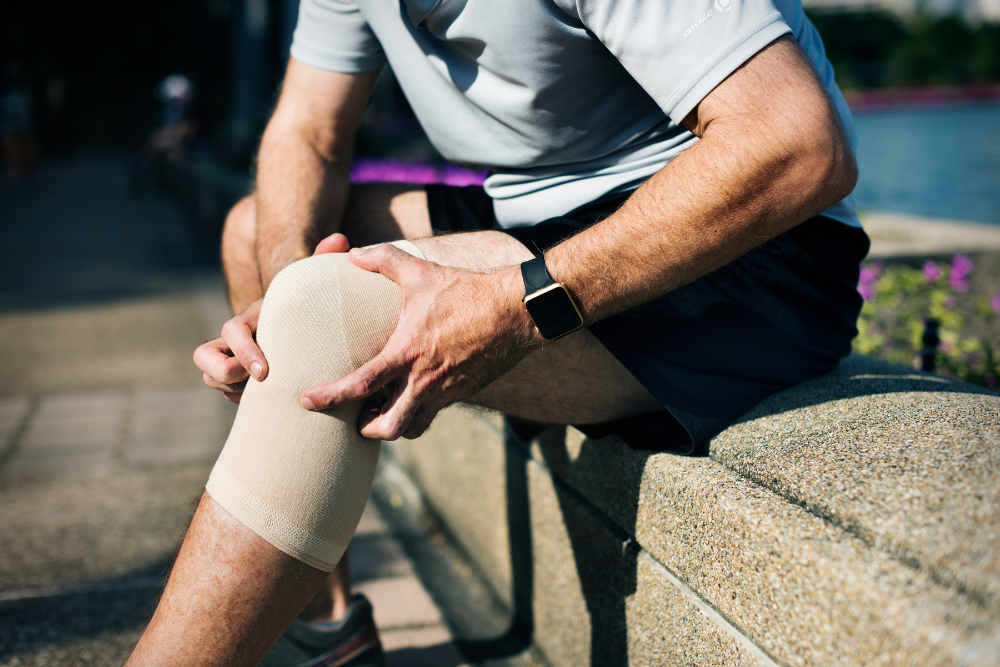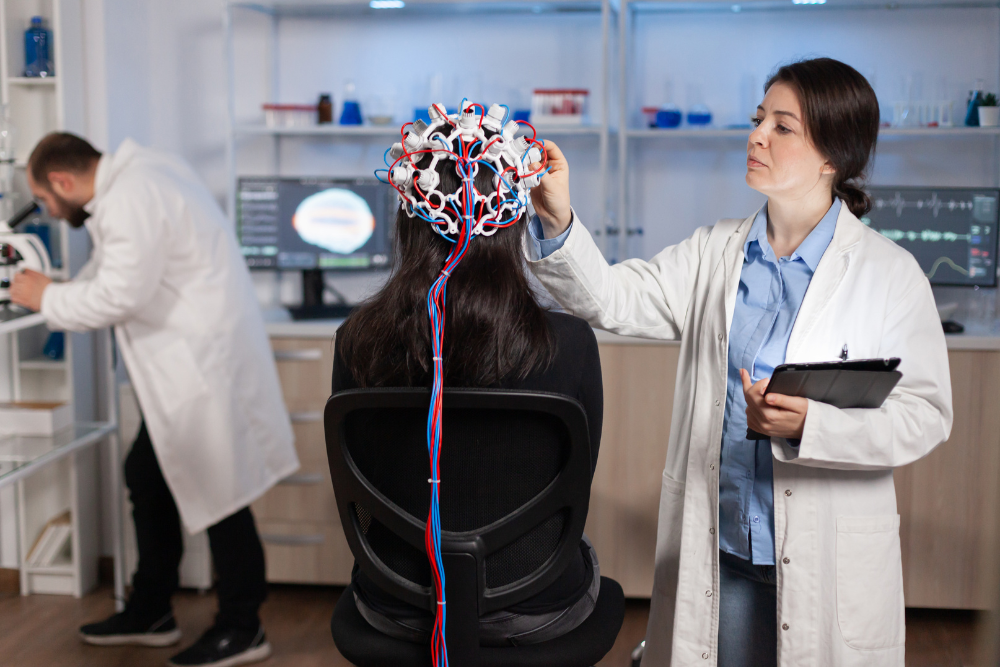Overview
Spine pain refers to discomfort or pain experienced in the back, specifically in the area of the spine.
The spine, or vertebral column, is a vital part of the human skeletal system, consisting of a series of vertebrae that protect the spinal cord and provide structural support to the body.
Spine pain can range from minor, short-term discomfort to more severe issues requiring medical attention. The location and nature of the pain can vary, affecting different regions of the spine and causing diverse symptoms.
Spine pain can manifest in several ways, including:
-
Localized discomfort in a specific region of the spine.
-
Radiating pain that extends to other areas, such as the arms, legs, or head.
-
Numbness, tingling, or weakness in the extremities.
-
Limited mobility, making it difficult to perform daily activities.
The severity and duration of spine pain can vary, and it may be triggered or exacerbated by factors like posture, physical activity, or underlying medical conditions. While mild spine pain can often be managed at home with rest and over-the-counter pain relief, severe or persistent pain may require medical evaluation and treatment. However, if your spine pain significantly hinders your daily life or mobility, seeking medical assistance, such as at Parvathy Multispeciality Hospital in Chennai, is advisable.
Common Spine Conditions (Possible Causes)
Spine discomfort and pain can manifest as a symptom of various underlying factors, encompassing a wide range of conditions and circumstances. The spine, a crucial component of the musculoskeletal system, plays a central role in providing structural support and facilitating various bodily functions. Spine pain can range from mild discomfort to more severe issues, often linked to specific conditions or activities. Understanding the potential causes and risk factors associated with spine pain is essential for effective management and care. Possible Causes: Spine pain can be attributed to a variety of underlying factors, including:
- Muscle and Ligament Strain: Overexertion or strain of the muscles and ligaments supporting the spine, often due to improper lifting or strenuous activities.
- Herniated or Bulging Discs: The displacement or protrusion of intervertebral discs can lead to nerve compression and localized or radiating pain.
- Degenerative Conditions: Conditions such as degenerative disc disease, osteoarthritis, and spinal stenosis can contribute to chronic spine pain.
- Structural Abnormalities: Some individuals may have congenital or acquired structural abnormalities of the spine, such as scoliosis or kyphosis, which can cause pain.
- Injuries: Traumatic incidents, including falls, accidents, or sports-related injuries, may result in fractures, dislocations, or soft tissue damage, leading to spine pain.
- Medical Conditions: Certain medical conditions, such as cancer, infections, or autoimmune disorders, can impact the spine and provoke pain.
- Lifestyle and Posture: Poor ergonomics, sedentary lifestyles, and improper posture can strain the spine and induce pain.
Treatment and Care
- Physiotherapy: Designed to improve posture, strengthen core and back muscles, and enhance flexibility, physiotherapy employs exercises, manual techniques, and modalities like heat and ice to reduce pain and improve mobility.
- Medications: Pain relievers, both over-the-counter and prescription, can alleviate discomfort. Nonsteroidal anti-inflammatory drugs (NSAIDs) help reduce inflammation associated with certain spine conditions.
- Injections: Corticosteroid injections into the affected spine area can reduce inflammation and alleviate pain. Epidural injections are commonly used for symptoms related to disc herniation and spinal stenosis.
- Surgery: Surgical interventions may be necessary for severe spine conditions unresponsive to conservative treatments. Procedures like laminectomy, discectomy, spinal fusion, and artificial disc replacement are common.
- Lifestyle Modifications: Adapting ergonomics, posture, and daily habits can prevent and manage spine conditions. Maintaining a healthy weight and staying physically active also reduces the risk of spine problems.
- Bracing and Orthotics: Orthopedic braces or supports may stabilize the spine and relieve pain. Custom-made orthotics can improve alignment and alleviate discomfort.
When to Consult a Doctor ?
Consult a doctor or spine specialist if you experience discomfort with your backbone/spine affecting daily life, especially if you have:
- Persistent Back Pain: Constant or intermittent back pain disrupting everyday activities may indicate an underlying spine issue, warranting professional attention.
- Limited Range of Motion: Diminished ability to move the spine freely requires evaluation. Difficulty in bending, twisting, or achieving usual range of motion may signal an underlying problem.
- Spinal Stiffness: Stiffness in the spine making basic movements challenging can be an early sign of more severe spine conditions.
- Pain During Physical Activity: Worsening back pain during activities like walking or climbing stairs may indicate an injury or underlying condition needing medical assessment.
- Pain at Rest: Back pain persisting at rest, such as when sitting or lying down, could suggest an underlying structural issue requiring attention.
- Recent Trauma or Injury: Immediate medical care is crucial in cases of recent falls, accidents, or trauma impacting the back to promptly assess and rule out fractures or internal injuries.
Call +91 98412 98412 for medical emergencies or 044 2238 2248 / +91 98848 99091 to book an appointment.
General (FAQ) For Spine
To relieve spine pain, consider:
-
Practicing good posture.
-
Engaging in exercises that strengthen the core muscles.
-
Applying heat or cold packs.
-
Trying gentle stretching and yoga.
-
Using ergonomic furniture and supportive mattresses.
-
Seeking professional advice for tailored solutions.
Pain at the spine can be caused by various factors, including:
-
Muscular strain or tension.
-
Herniated discs.
-
Osteoarthritis.
-
Spinal stenosis.
-
Poor posture.
-
Trauma or injury.
Spine pain may be serious if it is:
-
Persistent and worsening.
-
Accompanied by neurological symptoms.
-
Resulting from trauma or injury.
-
Affecting daily activities.
-
Associated with radiating pain down the legs
Natural methods to heal the spine include:
-
Gentle exercises and stretches.
-
Maintaining a healthy weight.
-
Practicing good posture.
-
Incorporating anti-inflammatory foods into your diet.
-
Staying hydrated.
-
Getting adequate sleep.
The fastest way to relieve back pain may include:
-
Applying ice or heat.
-
Taking over-the-counter pain relievers.
-
Trying gentle stretches.
-
Resting and avoiding activities that worsen the pain.
-
Seeking professional advice for targeted solutions.
To sleep with back pain:
-
Use a supportive mattress and pillows.
-
Sleep on your side with a pillow between your knees.
-
If on your back, place a pillow under your knees.
-
Avoid sleeping on your stomach.
-
Experiment with different sleep positions for comfort.
While rare, excessive gas can cause discomfort, including back pain. If back pain persists or is severe, it's essential to rule out other potential causes by consulting with a healthcare professional.








